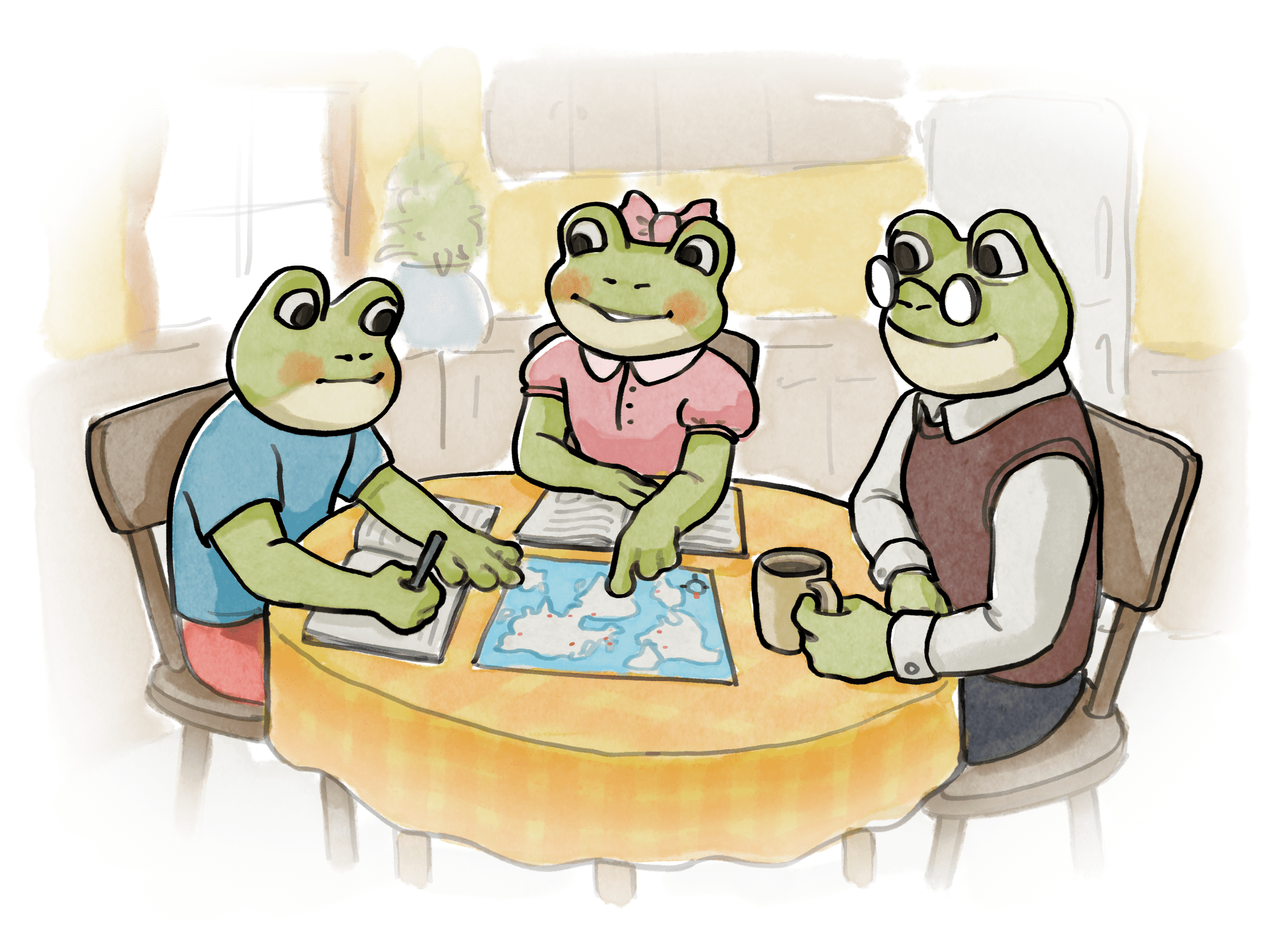Homeschooling, a popular educational choice for families seeking a tailored learning experience for their children, varies significantly across the globe. This blog post delves into the differences between homeschooling in the United Kingdom (UK) and the United States (US), exploring how legal frameworks, educational philosophies, and cultural attitudes shape these distinct homeschooling landscapes.
Legal and Regulatory Frameworks
One of the most pronounced differences lies in the legal and regulatory frameworks governing homeschooling in the UK and the US.
- United States: In the US, homeschooling is regulated at the state level, leading to a wide variety of requirements and regulations. Some states, like Texas and Oklahoma, offer considerable freedom with minimal state oversight, while others, such as New York and Pennsylvania, have more stringent guidelines, including curriculum approval, standardized testing, and regular progress reports. The US generally has a high degree of acceptance and support for homeschooling, reflected in its diverse and robust homeschooling communities.
- United Kingdom: In contrast, homeschooling in the UK is governed by more uniform national guidelines. Parents in the UK are required to provide a “suitable” education that reflects the child’s age, ability, and aptitude, including any special educational needs. However, unlike many US states, there is no legal requirement to follow the National Curriculum, conduct formal assessments, or register as a homeschooling family, although local authorities can make informal inquiries.
Educational Resources and Support
The availability of educational resources and support systems also varies between the two countries.
- United States: The US boasts a vast array of homeschooling resources, from online curricula and support groups to co-ops and enrichment programs. This abundance is partly due to the larger size of the homeschooling community in the US. Additionally, in some states, homeschoolers have access to public school resources, such as part-time enrollment and extracurricular activities.
- United Kingdom: While the UK homeschooling community is smaller, it is growing rapidly, with increasing resources and support networks available. UK homeschoolers often rely on online resources, local groups, and educational cooperatives for support and enrichment. However, access to public school resources is more limited compared to the US.
Cultural Perceptions and Educational Philosophies
Cultural perceptions and predominant educational philosophies in homeschooling also differ.
- United States: In the US, homeschooling is often associated with a desire for religious or moral instruction, although this is diversifying. American homeschoolers have a wide range of educational philosophies to choose from, including classical, Montessori, and unschooling, reflecting the country’s emphasis on individualism and personal choice.
- United Kingdom: In the UK, homeschooling is increasingly seen as a response to the rigid testing and structured curriculum of the public school system. While diverse educational philosophies are also present, there is a notable interest in more child-led and flexible approaches to learning, such as unschooling.
Conclusion
In summary, while both the UK and the US offer robust frameworks for homeschooling, they differ significantly in terms of regulation, resources, and underlying educational philosophies. These differences reflect broader cultural and legal contexts in which homeschooling takes place. Understanding these nuances is crucial for families considering homeschooling, ensuring that their approach aligns with their national context and personal educational goals.




